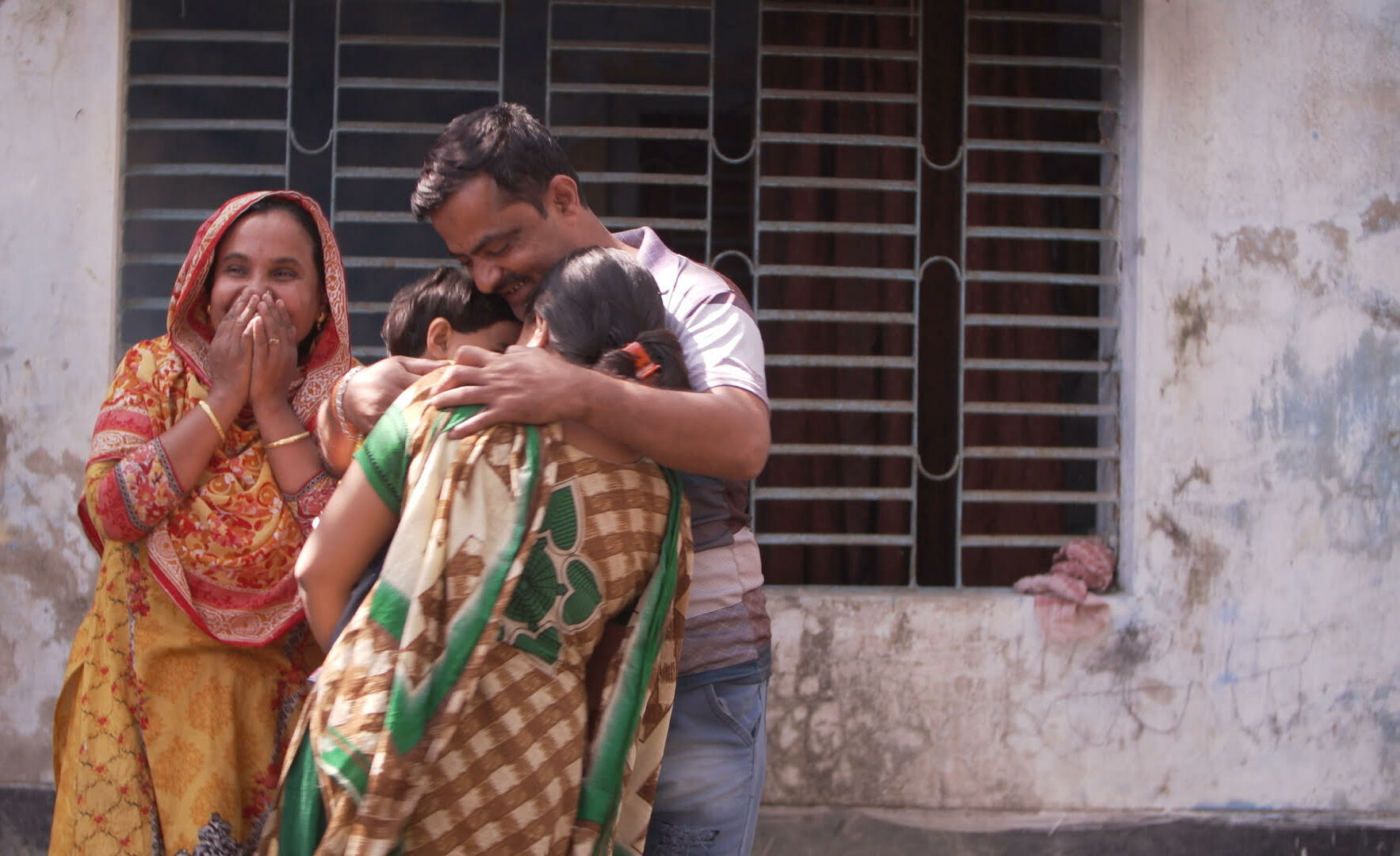FAQs
We answer your frequently asked questions regarding the issue of modern slavery and our work supporting victims and bringing traffickers justice.
-
It is impossible to put an exact figure on slavery but the best global estimate, by the ILO (International Labour Organisation), is nearly 50 million people globally. What we can be sure of is that it’s an issue that affects almost every country – a global crime – and that it is worth $150 billion a year to the criminal networks involvement.
Source: Global Estimates of Modern Slavery (ILO, IOM, Walk Free Foundation)
-
Our landmark study ‘It Still Happens Here’, based on a deep dive into police data, estimates that there are more than 100,000 victims of modern slavery in the UK.
-
There are a number of types of modern slavery – most notably sexual exploitation, criminal exploitation, domestic servitude, labour exploitation and organ trafficking. We’ve helped support survivors across all of these types of trafficking.
-
Slavery is the exploitation of an individual through force or compulsion. Trafficking is the movement of an individual for exploitation.
-
We do come across other forms of abuse (such as international child sex offenders), but our primary objective is dealing with slavery.
-
Fundamentally we do not think that size is where success is found and so don’t have ambitions of being a charity turning over tens of millions a year. Although we seek to grow, we think we can have the greatest impact by working innovatively on the ground and using our experience and expertise to spark systemic change.
-
Justice and Care has a wide base of supporters including individuals, philanthropists, governments and other institutional donors, corporations and trusts and foundations. They partner with us to make our work possible.
-
We still work closely with our original team in India, who are doing a superb job. But the Indian Government has made it more difficult for international NGOs to fund work in the country – so we have helped the team set up local funding sources.
-
No, however we work closely with police and help to provide strategic advice into cases. We believe that it is the police’s job to investigate but we are proud to work closely alongside them.
-
Justice and Care has the heart of a charity and the head of a business, so numbers are important to us.
In everything we do, we seek to be clear, honest and accountable. Our impact reporting is rigorous and robust – and purposely so, because it matters. We interrogate our data, use independent evaluations to validate our achievements and share openly what worked and what didn’t, seeking to constantly improve.
-
We work with other organisations, statutory and non-statutory, across our work. This includes working closely with police and community-based organisations to prevent trafficking, and with governments, educational institutions and many other charities.
-
We are really proud to work alongside the Centre for Social Justice (CSJ) – a leading UK policy think tank. Together we run a Joint Policy Unit looking at how the Government in the UK should respond to slavery. The CSJ has a track record on the issue, having published the ‘It Happens Here’ report, which remains a critical reference report to the issue in the UK. It has relationships that reach into the very heart of power and across the political spectrum. We bring our frontline expertise and experience and together work to ensure that the issue remains on the political agenda, whatever the comings and goings at Downing Street.

Donate today to help bring freedom
There are millions of people living in slavery today. Your support could help set someone free and bring those responsible to justice.
Donate